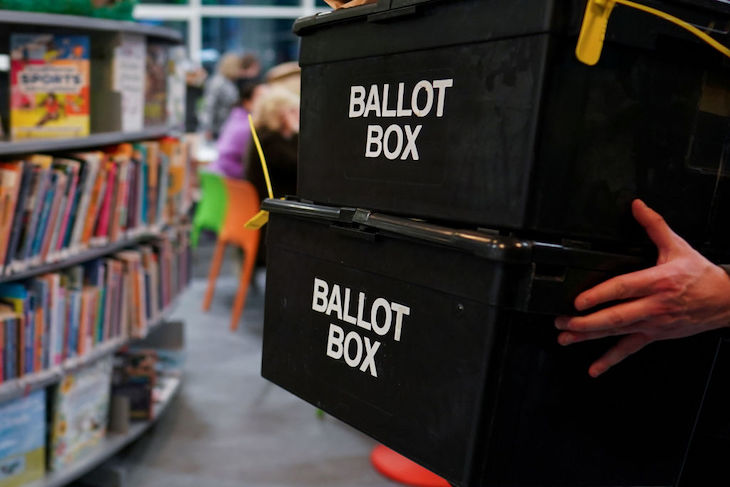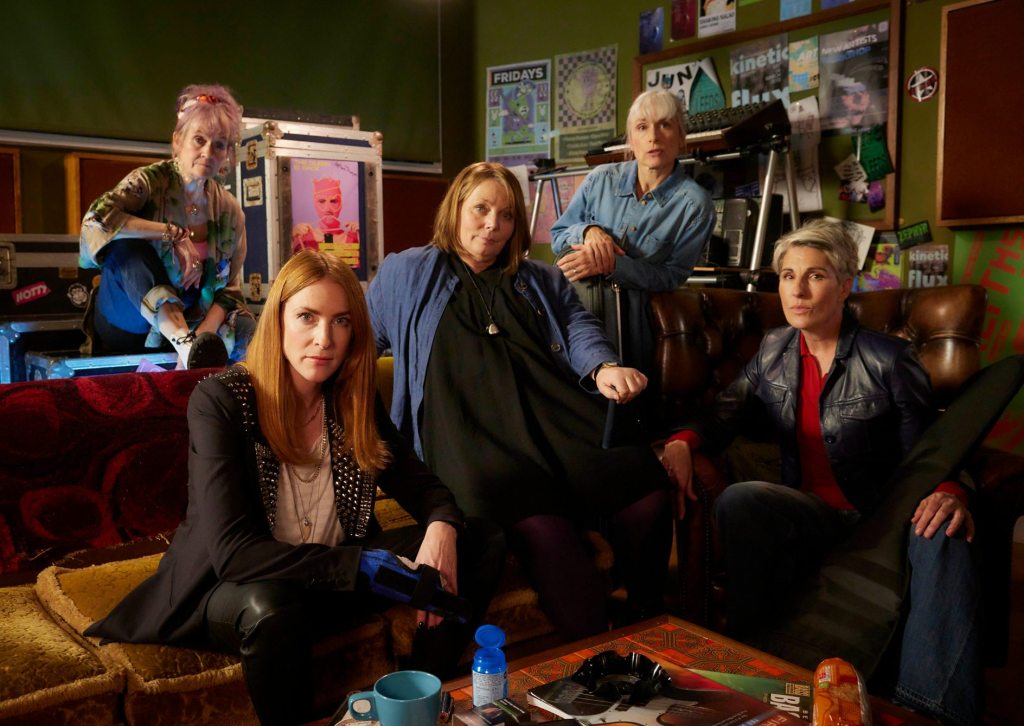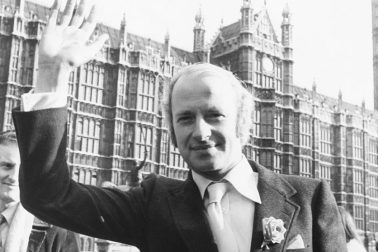Keir Starmer’s decision to lower the voting age to 16 is widely seen as a cynical attempt to secure votes, but the truth is more frightening. Politicians pursuing self-interest are merely cynical; the real menace comes from those committed to utopia, as some Labour types appear to be in their drive to make democracy ‘better’ by expanding the franchise. Personally, I think the voting age should rise, significantly, and we should consider – at no extra cost – removing it from those in decline.
Labour say the issue is one of fairness. I believe they’re sincere, but wrong
My daughter is 14. She has the makings of an unusually sensible young woman, and in two years she will not be allowed a free hand when it comes to choosing her A levels. I accept our control is fundamentally limited, and compromise may be needed on both sides. But these are not the only arenas where parental supervision shall remain. Decisions over the amount of ice cream it is reasonable to eat per day will remain a subject of vigorous debate. Letting her choose the government is new to my list of concerns.
The ideal voter is bowed by experience yet still hopeful; historically sophisticated, aware of the hazards and the blessings of tradition, suspicious of ideology. Any search for ideal voters must be abandoned at the outset. No franchise is a perfect solution, only an arbitrary choice from flawed options.
Logic is no escape. Teens have more invested in the future than we do, but less so than five years olds. Voting age is not intrinsically tied to paying tax, to joining the army, to being able to order a pint. Nor should it be. ‘No taxation without representation’, isn’t an argument but a slogan. Kids pay VAT on Haribo and those who work – child actors, who aren’t often examples of wisdom – pay income tax. If 16-year-olds had the adult rights in all other regards, the case for giving them a vote would have the virtue of consistency – but they don’t, and consistency is not anyway that strong an argument.
Labour say the issue is one of fairness. I believe they’re sincere, but wrong. The point is not what is fairest but what is best. Equity matters less than outcomes. The question is not whether it’s fair for 16-year-olds to vote, but whether it’s wise. How many of us would trust our 16-year-old selves on these matters? At an age when I quite correctly wasn’t trusted to drive a car, it would have been odd to let me steer the country. I don’t believe I was unusual in being less thoughtful, less knowledgeable, more egotistic and less trustworthy as a teenager than by the age of 40. Nor do I think I was unusual: long ago, I lost the idea that I am special – although back then I hadn’t, because I hadn’t grown up.
It’s perfectly reasonable that from 18 we can legally order drinks, but handling our booze takes time to master. Some never succeed, but far more manage at 30 than at 20, and pints of lager are arguably less challenging than monetary policy or international relations. Would it not be best to give people the vote when they’re at least some way into apprehending the world as an adult?
Thirty-five might be best, 30 acceptable, 25 a forgivable compromise between wisdom and indulgence. Twenty-one is generously young, but I suppose it has the virtue of tradition, which might not carry much moral weight, but is at least up there with consistency.
At the other end of life, an upper limit would also be good. By 85, one in five have dementia. The intellectual capacities of many decline with age; some fall into golf, or even bowls. An upper limit to the franchise would be a generous gesture against gerontocracy. For much of history the right to vote depended on being a landowner. Given the advantage the old have enjoyed in our mismanaged property market, we have an opportunity for reparation: only pensioners who aren’t homeowners should get the vote.
Dropping the voting age to 16 deserves ridicule, because it hides a failure to take the world sufficiently seriously. Ideology is more dangerous than self-interest, and those wanting to lower the voting age aren’t doing it because it favours their party, but because they believe it is right. Lowering the voting age is progressive – and that, if you prioritise fairness over results, as Mao did, is enough.
Deputy prime minister Angela Rayner has written of her experience of being a working mum at 16. ‘I rose to the challenge. I got a job, I paid taxes, I supported my son,’ she said. Honourable, even admirable. But the fact some 16-year-olds can manage parenthood does not mean teenage pregnancies are ideal. There are many teenagers who would make good voters, just as there are many 50-year-olds who don’t. But the exceptions should not make the rule.
Pretending most 16-year-olds are mature enough to vote, or deserve to anyway because it feels fair, is not sensible. Putting fairness first is a proven recipe for a Great Leap Forwards. A society that puts equality before sense will get neither, while a society that puts sense before equality is likely to get a high degree of both.
Giving the vote to kids won’t help them grow up, or create a better world for them to grow into.







Comments